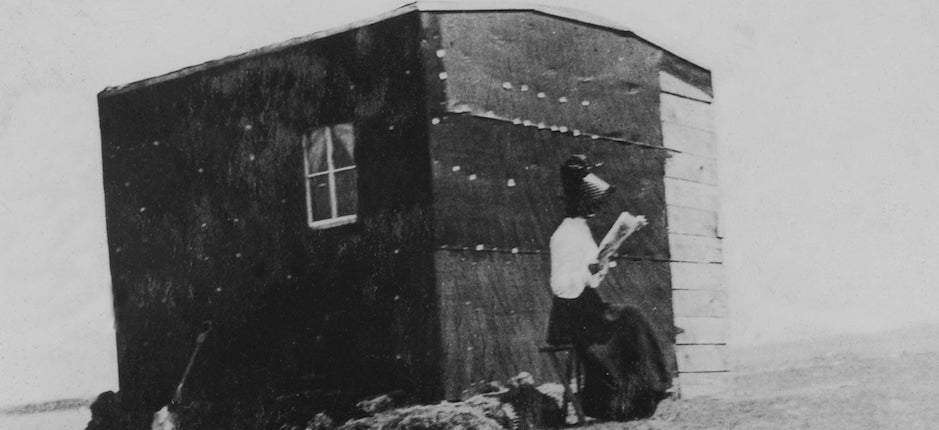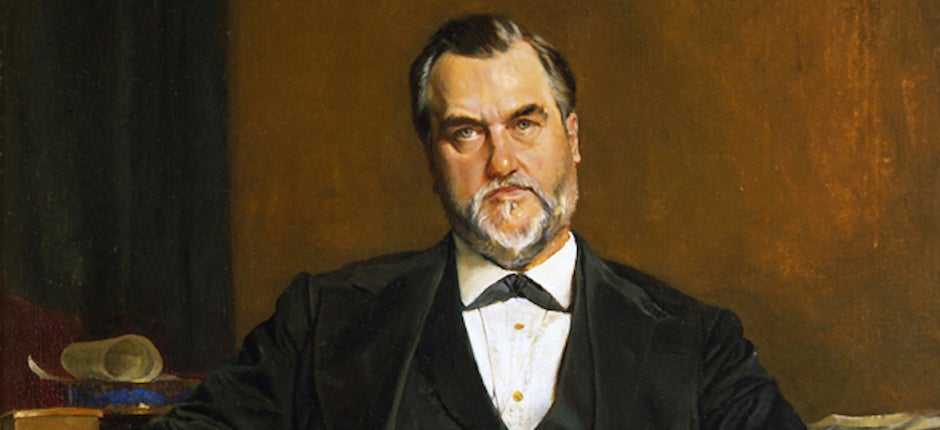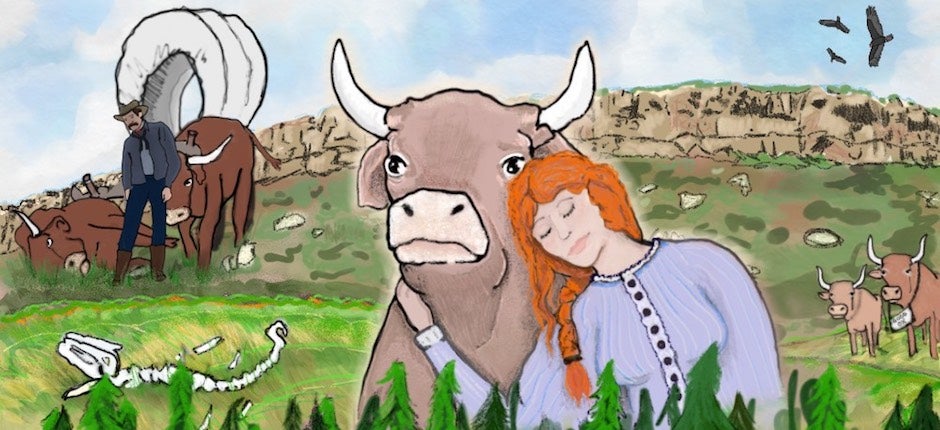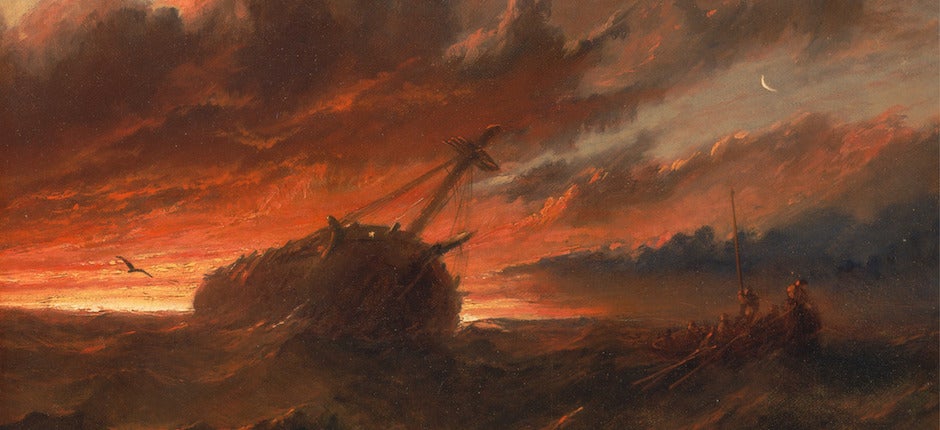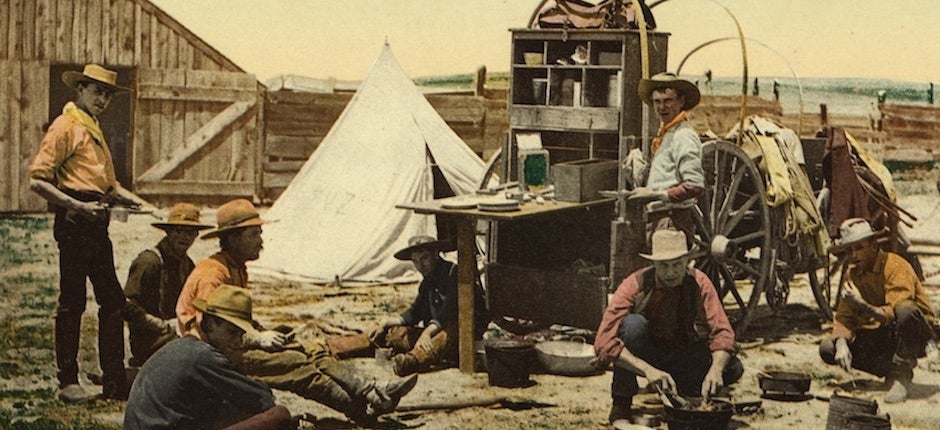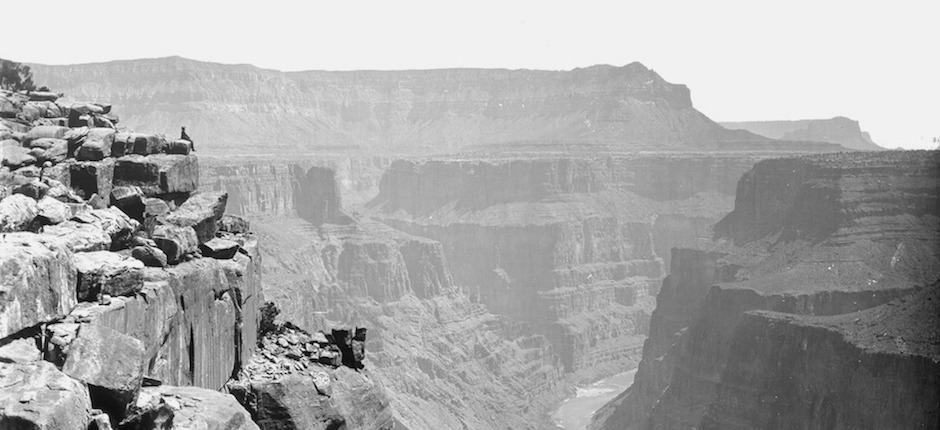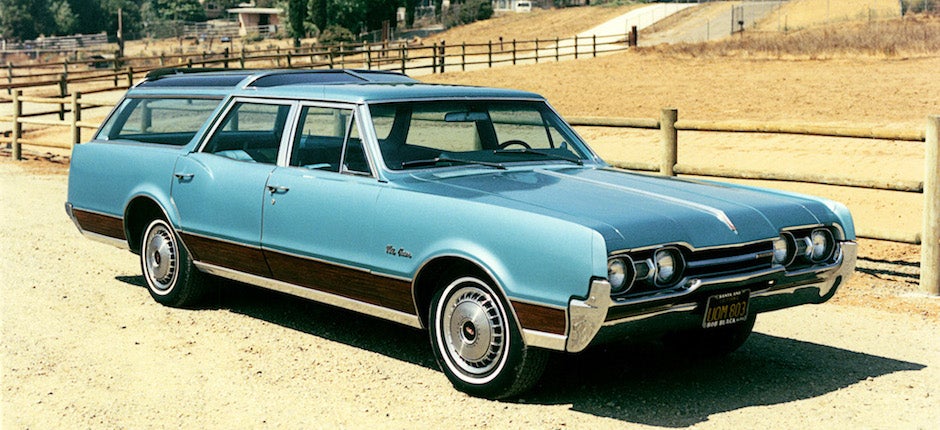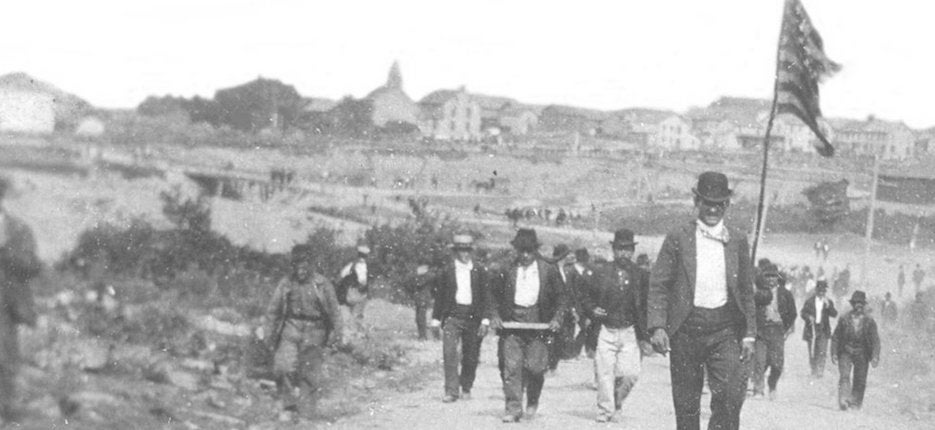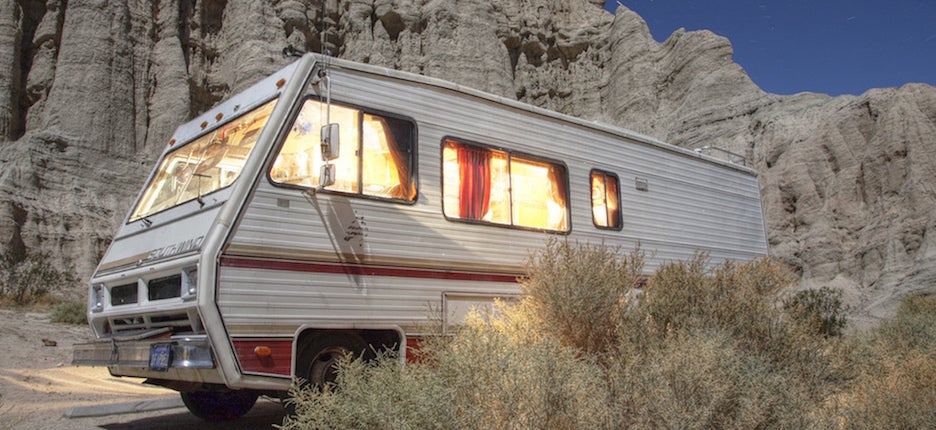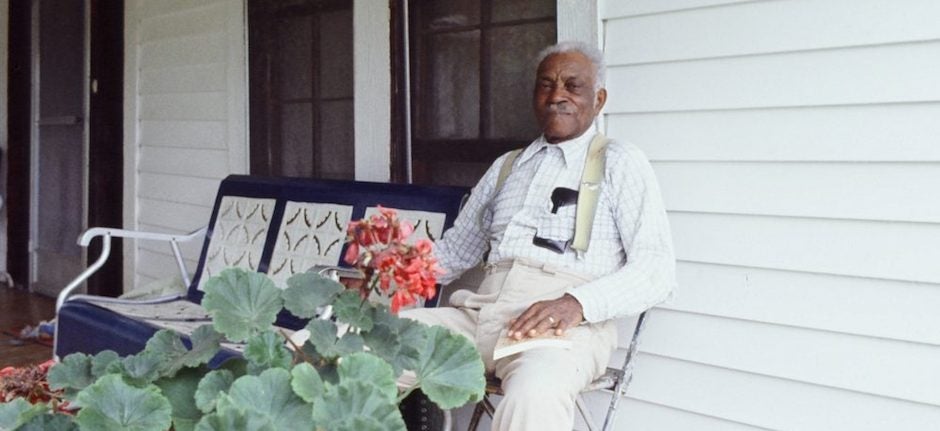The 21-Year-Old Norwegian Immigrant Who Started Life Over by Homesteading Alone on America’s Prairie
In 1903 Mina Westbye Moved to North Dakota to Live a Life ‘So Quiet You Almost Feel Afraid’
In the photograph a young woman sits all alone on the prairie. The sky is big, the horizon low. She is in front of a modest building: a tiny shack of planked wood, covered with tar paper. A flat, seemingly endless landscape of grassland recedes in the background. The house is small and humble, but the young woman presents herself and her world with deliberate dignity. Her name is Mina Westbye, she was born in 1879 in Trysil, Norway, and …


